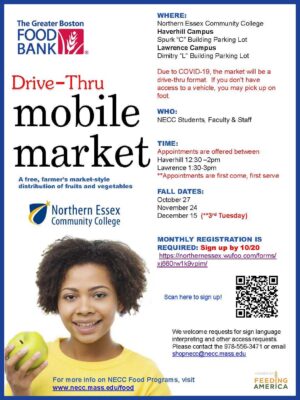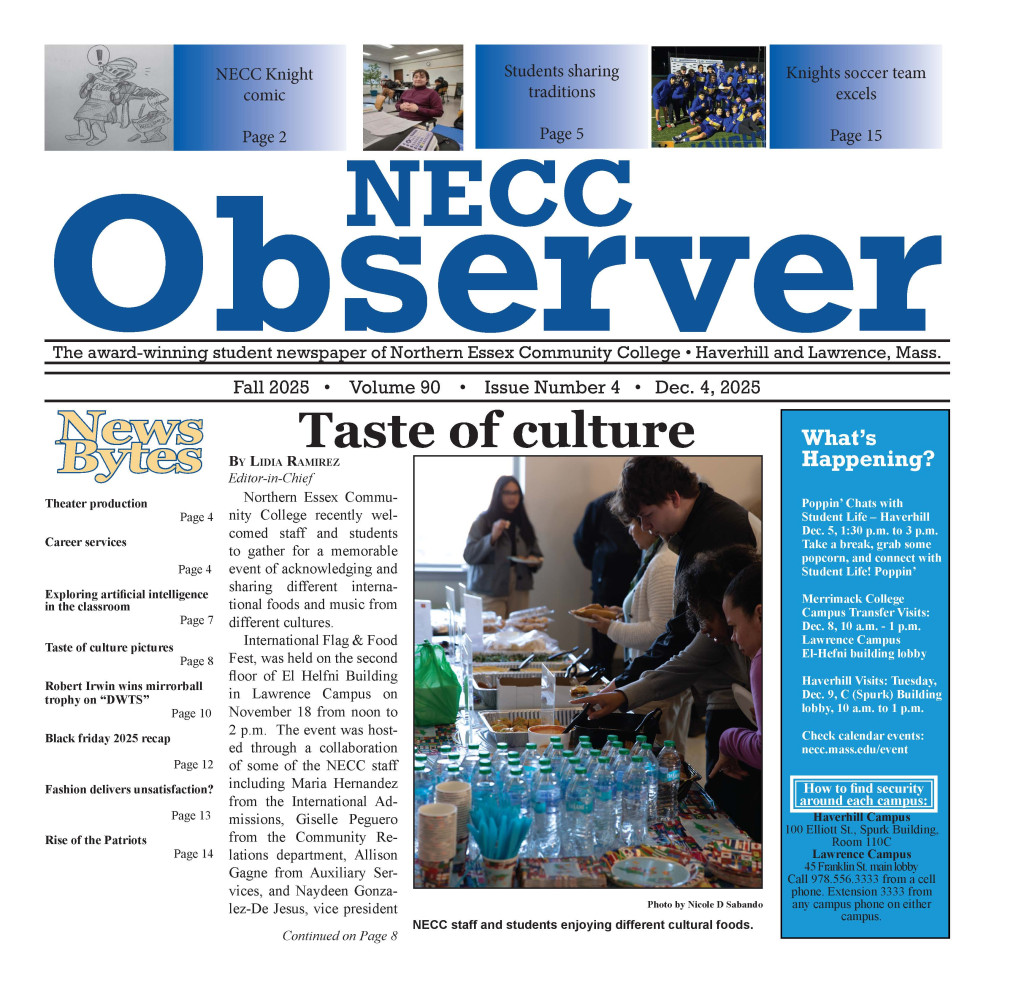Local businesses continue to struggle as Massachusetts proceeds with the state’s reopening guidelines. Since non-essential businesses were forced to temporarily close in March, many have been unable to reopen due to a lack of income. While some businesses have been able to reopen under the state’s phased “Reopening Massachusetts” program, it has been a challenge for some business owners to operate as they did before the shutdown. The challenge isn’t limited to operating under lower capacity, but how unpredictable day to business has become.
Justin Bastinelli, owner of KJ’s Caffe in Chelmsford, closed his café on March 24 when non-essential businesses in the state were forced to shut down. He reopened KJ’s on May 18, adhering to the state guidelines. “When we first opened back up, there were no tables to sit. You couldn’t sit. So I was in here measuring out six feet distance checkpoints where people could stand in line. I even did it out the door. I had chalk down in case the line was that long.” When Massachusetts began to permit indoor dining at a limited capacity, Bastinelli returned the tables and booths to the restaurant, with plastic tarps separating tables, and every other booth blocked off so groups can maintain a safe distance.
Prior to the beginning of the pandemic, Bastinelli closely monitored when the café’s sales so he could calculate necessary staff as well as food and drinks. Now, he says the most challenging aspect of reopening has been how unpredictable business has been. “I could’ve told you, before this all happened, ‘Alright, we’re going to be slow for the next half hour, but then we’ll be busy for forty minutes, then we’ll be slow again and it’ll pick back up; for the most part, to a T, I could tell you when that was going to happen. But now, with people staying at home to work, kids at home to do schooling, I don’t know. Generally, 8 to 9 has the busiest hour of the day. Now, it could be 10 to 11, now it could be 11 to 12. There’s literally no direction to why anything’s going to happen. Last week, Monday was the slowest day of the year, Saturday was the busiest day we’ve ever had here.”
In Billerica, Amy Dearth is the president and senior events producer at Swanson Meadows Event Venue & Restaurant. The venue was scheduled to have a soft opening on March 21 hosting its first wedding, with a grand opening on April 1. Because of the shutdown, these events did not happen. Swanson Meadows received permission to open its outdoor deck in early June and has been hosting outdoor dining since then. The indoor space has been used in limited capacity but with cold weather coming soon, Dearth has had to look into what options are available.
“We are classified as a restaurant, a venue space, and a bar. We have spoken with the Board of Health and we’re able to confirm that when we’re using our space as one of those specific items, we are to follow the rules of that particular experience. So for us, we have a beautiful indoor space that we can use. So we’re tailoring how we use our space inside based on ‘what’s the highest occupancy for the experience’.” Options Dearth is looking into include selling tickets to see performers and dinner theater. She is also working with the Billerica Fire Department to investigate safely heating the outdoor patio for the coming colder weather.
Like Bastinelli, Dearth has gone to great lengths to adhere to safety guidelines set by the state. “All the tables are socially distant, six or more feet apart. My entire staff wears masks when they’re on the show floor. All of the equipment and tables are sanitized on a vey regular schedule. And we have sanitizing stations, those little towers, placed in more active parts of the space. They’re touchless. You can walk by and just swipe.
Unlike Bastinelli, Dearth doesn’t feel that inconsistent business has been the most difficult challenge. She describes the most challenging part of operating in the current environment as two-fold. “One is on the business side; understanding, interpreting, and applying the rules that are being put forth because they are ever changing. And they’re rules that don’t make sense to professionals in the field. For example, if you’re going to order a drink, you have to buy food. Why? How is that going to stop the spread of COVID? It doesn’t, and that confuses us a little. We follow it, but the rules don’t make sense to people in the industry. But we really take the rules seriously, and I’m proud of that.”
The other part of trying to operate in the current environment has to do with dealing with the segment of the population that opposes COVID-related restrictions and ‘anti-maskers’. Dearth explains, “There’s this divide amongst the world right now. I kind of feel like if you are with the rules, the patrons that might come to your restaurant who don’t like the rules are not going to come now. And then if you do the opposite, you get shut down or the people who would follow the rules are not going to come.”
As COVID-19 cases rise and fall throughout Massachusetts, businesses like KJ’s Caffe and Swanson Meadows Event Venue & Restaurant are likely going to continue operating under uncertain conditions. As long as the virus is with us, people like Bastinelli and Dearth have to operate as best they can.


